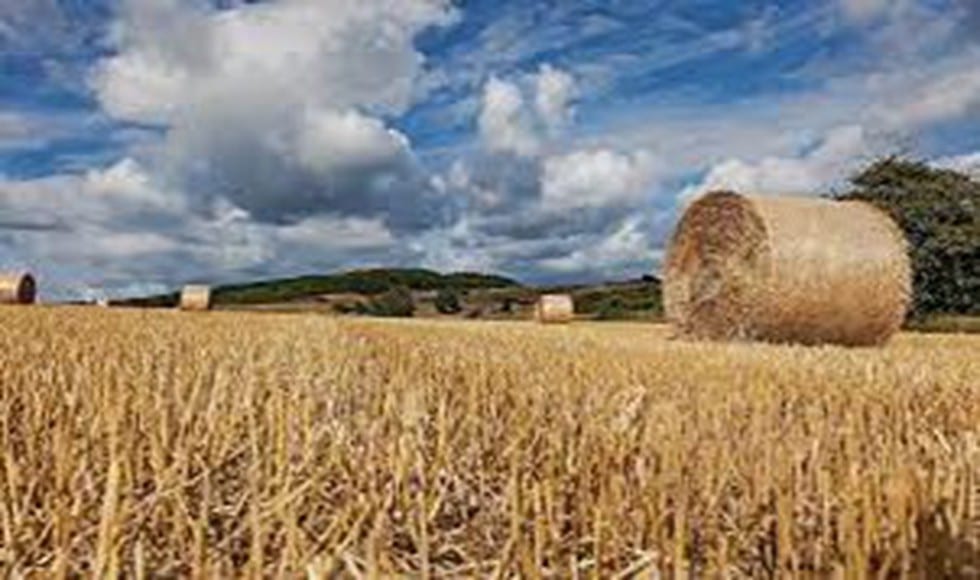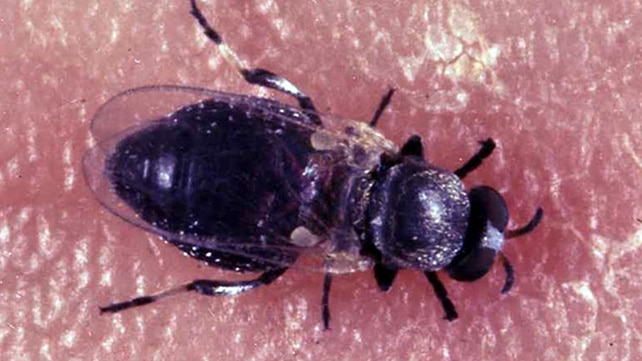About Crop Residue Management guidelines:
- As per the revised guidelines, techno-commercial pilot projects for Paddy Straw Supply Chain will be established under the bilateral agreement between the Beneficiary/Aggregator and Industries utilizing the paddy straw.
- The beneficiary or aggregator can be Farmers, rural entrepreneurs, Cooperative Societies of Farmers, Farmers Producer Organizations (FPOs) and Panchayats.
- The govt. shall provide financial assistance on the capital cost of machinery and equipment.
- Project proposal-based financial assistance will be extended for machines and equipment such as higher HP tractors, cutters, tedder, medium to large balers, rakers, loaders, grabbers and tele-handlers.
- State Governments shall approve these projects through project sanctioning committee.
- Funding pattern:
- The Centre and state governments will jointly provide financial support of 65 per cent of the project cost, while the industry as primary promoter of the project will contribute 25 per cent.
- The remaining 10% will be contributed by beneficiary or aggregator.
- The land for storage of the collected paddy straw will be arranged and prepared by the beneficiary as may be guided by the end use industry.
The Outcomes of the above interventions are:
- Supplementing in-situ options: The initiative will complement the ongoing efforts for paddy straw management through in-situ methods.
- Reduction in stubble burning: It is estimated that during the three-year duration of the interventions, approximately 1.5 million MT of surplus paddy straw will be collected, which would have otherwise been burnt in the fields.
- Creation of biomass collection depots: Around 333 biomass collection depots with a capacity of 4,500 MT will be established in the states of Punjab, Haryana, Uttar Pradesh, and Madhya Pradesh.
- Reduced air pollution: The project will significantly contribute to reducing air pollution caused by stubble burning, leading to cleaner and healthier environments.
- Job creation: The interventions are expected to generate employment opportunities for approximately 900,000 man-days.
- Encouraging a robust supply chain: The establishment of a paddy straw supply chain will facilitate its availability for various end-uses such as power generation, heat generation, bio-CNG, etc., by power/bio-CNG/bio-ethanol producers.
- Stimulating investments: The development of a supply chain will attract new investments in the biomass-to-biofuel and energy sectors.
Q1) What is Farmers Producer Organizations?
Farmers Producer Organizations (FPOs) are entities formed by farmers to collectively engage in agricultural production, processing, marketing, and other related activities. FPOs are aimed at empowering small and marginal farmers by providing them with a platform to collectively address common challenges and improve their socio-economic conditions.
Last updated on November, 2025
→ Check out the latest UPSC Syllabus 2026 here.
→ Join Vajiram & Ravi’s Interview Guidance Programme for expert help to crack your final UPSC stage.
→ UPSC Mains Result 2025 is now out.
→ UPSC Notification 2026 is scheduled to be released on January 14, 2026.
→ UPSC Calendar 2026 is released on 15th May, 2025.
→ The UPSC Vacancy 2025 were released 1129, out of which 979 were for UPSC CSE and remaining 150 are for UPSC IFoS.
→ UPSC Prelims 2026 will be conducted on 24th May, 2026 & UPSC Mains 2026 will be conducted on 21st August 2026.
→ The UPSC Selection Process is of 3 stages-Prelims, Mains and Interview.
→ UPSC Result 2024 is released with latest UPSC Marksheet 2024. Check Now!
→ UPSC Prelims Result 2025 is out now for the CSE held on 25 May 2025.
→ UPSC Toppers List 2024 is released now. Shakti Dubey is UPSC AIR 1 2024 Topper.
→ UPSC Prelims Question Paper 2025 and Unofficial Prelims Answer Key 2025 are available now.
→ UPSC Mains Question Paper 2025 is out for Essay, GS 1, 2, 3 & GS 4.
→ UPSC Mains Indian Language Question Paper 2025 is now out.
→ UPSC Mains Optional Question Paper 2025 is now out.
→ Also check Best IAS Coaching in Delhi

















